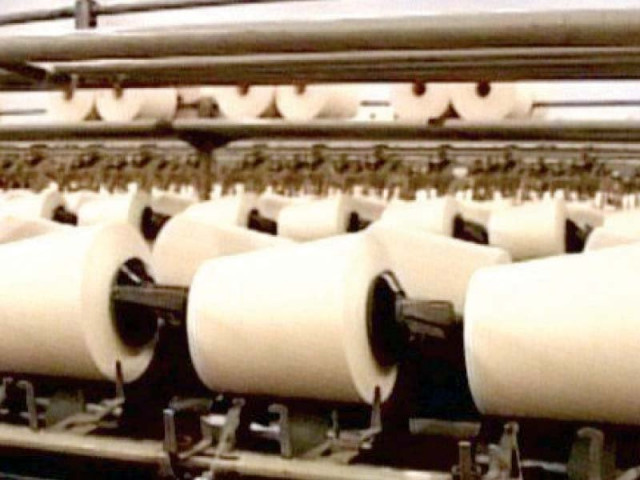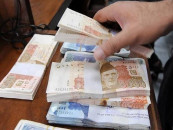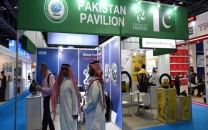Government mulls removing customs duty on cotton yarn
Commerce adviser says ECC to take final decision in next few days

The government is contemplating removing customs duty after withdrawing the 5% import duty on cotton yarn and in this connection the final decision will be taken by the Economic Coordination Committee (ECC) within the next couple of days, said Adviser to the Prime Minister on Commerce Abdul Raak Dawood.
Addressing trade bodies during a zoom meeting, he lauded the industrialists and exporters who had succeeded in enhancing the textile export by 7.79% during the July-December period despite Covid-related restrictions.
He added that the timely decision by the government to open the industrial sector also played a major role in stabilising the economy, in addition to keeping the jobs of millions of workers intact.
Read FBR looks to reduce cost of doing business
Dawood claimed that the efforts of the government had also been recognised on an international level, adding that industries had fully adhered to the Covid SOPs, which had helped continue exports during the lockdown period. The adviser added that most of the units were now working at 100% of their installed capacity, while the export-oriented units were facing shortage of skilled manpower for their third shift.
He informed the officials that the government was cognisant of the problems facing the textile sector and was working towards immediate and timely policy decisions to remove the emerging challenges. He said that the decrease in cotton production has created a shortage of yarn and in this regard the government has already withdrawn the 5% import duty on the product.
“Recommendation to withdraw customs duty have also been made and would be implemented after approval of the ECC,” said Dawood.
The commerce adviser further revealed that a three-year rationalisation plan was also being prepared, which would cover a number of sectors including textile, plastic, chemicals, engineering, pharmaceutical and food. He asked the industrialists to give their doable input, which could be made part of this rationalisation programme. He said that the objective of this programme is to diversify exports in addition to meeting the domestic needs locally in these sectors.
The PM aide said that a digital system is being implemented for labour inspection in different industrial units, which will be a part of ease of doing business.
“Similarly, efforts have also been expedited to reduce cost of doing business,” he said, adding that restoration of zero-rating regime is on top of the agenda in this connection.
Commenting on the slow processing of Fully Automated Sales Tax E-Refund (FASTER) system, he said that instructions have already been issued to facilitate the exporters. Regarding electricity and gas tariffs, Dawood said that these utilities would be provided at 6.5 cents and 7.5 dollar per mmbtu. “These rates have also been made an integral part of the proposed textile policy 2020-25.”
He said that he was also making serious efforts to extend long-term financing scheme to the small and medium enterprises (SME) sector and this case has already been forwarded to the ECC for final approval. He further said that the government is engaged in all-out efforts to provide raw material to the embroidery sector so that it could compete in the global markets.
About the sick industrial units, Dawood said that a positive break-through has been witnessed and some units have already started partial operations.
“Hopefully, the remaining hurdles would also be removed soon and these units could also play their role in economy, export and job creation,” he remarked.
Also addressing the business community, NA Standing Committee on Finance and Revenue Chairman Faizullah Kamoka fully supported the genuine demands of the business community and said, “Our business community could materialise our ultimate objective of progress and prosperity through extensive industrialisation.”
Meanwhile, Faisalabad Chamber of Commerce and Industry President Hafiz Ihtasham Javed enumerated the problems of the industry including ease of doing business, one-window operation, and inspector-less regime, rehabilitation of FASTER system, extending long-term finance facility to SME sector, elimination of double taxation, capping electricity and gas tariffs at regional levels and removal of all import and customs duties on raw material.
He also demanded that a high level committee be constituted to resolve the pending problems of sick units so that these units could also work with their full potential.
Published in The Express Tribune, January 17th, 2021.
Like Business on Facebook, follow @TribuneBiz on Twitter to stay informed and join in the conversation.



















COMMENTS
Comments are moderated and generally will be posted if they are on-topic and not abusive.
For more information, please see our Comments FAQ